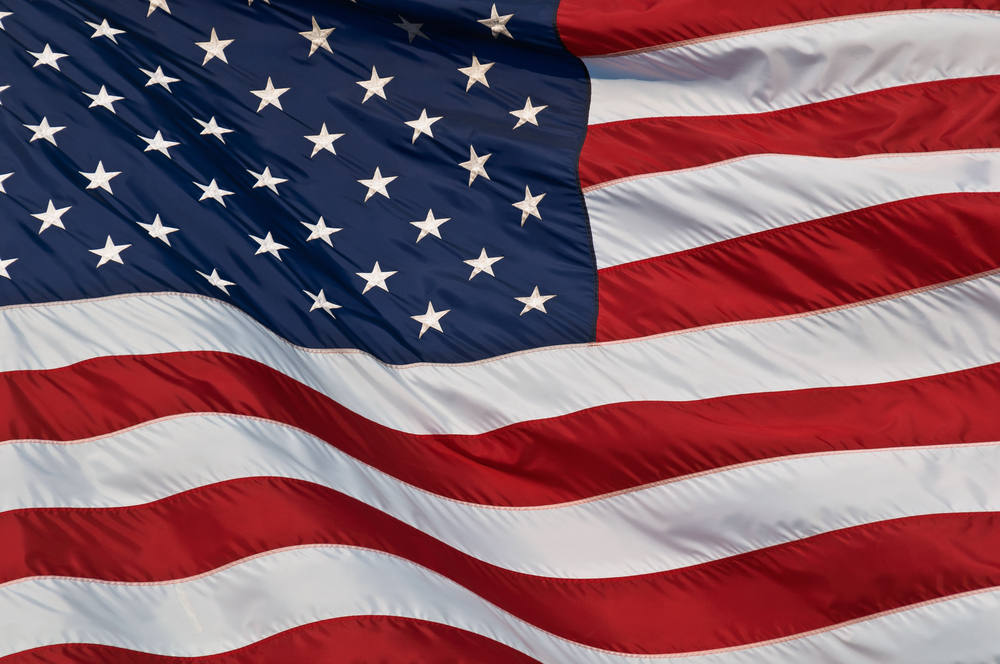
The dust has settled from a long Fourth of July weekend. But before we move on to the rest of the summer, it’s worth taking a look back at the actions of our Founding Fathers. Small business owners in particular can find some worthy goals and inspiration in their ambitions. Here’s a look at a few of those historical connections, along with a more modern development.
1. Declare your own independence: Adam Toren, co-founder of youngentrepreneur.com, relates America’s move for independence to those who want to break out of a traditional business structure and pave their own way. “The entrepreneur no longer feels life within a corporation fits their idea of the kind of life they want,” he says. “They are no longer satisfied with the status quo. They declare their independence from a steady paycheck and known way of living for the chance to live the life they choose.”
2. Welcome the dangers: There’s no question that starting a small business is loaded with potential difficulties. Jim Joseph, in a piece for Entrepreneur, points out that the actions taken by the country’s forefathers show how worthwhile a risky endeavor can be. “When you’re an entrepreneur, you can’t be afraid to dive in, and you certainly can’t be tentative,” he writes. “If you’re going to go for it, then you have to stick your neck out there with all the energy you have and make your idea come to life. Then you have to stick with it through thick and thin. You may feel like you are putting your life on the line, and in many cases you are, but that shouldn’t stop you from going for what’s right.”
3. Be daring: There is no bolder signature than that of John Hancock on the Declaration of Independence. His oft-quoted rationale for it is also brazen: “There! His Majesty can now read my name without glasses. And he can double the reward on my head!” As Matthew Toren (Adam’s brother) points out in a piece for Entrepreneur, Hancock’s name is now the equivalent of signature. “You have to remember that signing this document was not just a declaration for America — it was a declaration of war and treason,” he writes. “They risked their lives, the safety of their loved ones and everything they owned to be independent from England. There is a bold brilliance about the outright madness, stubbornness and defiance of Hancock’s confidence in that risk. To be an entrepreneur, you have to be unapologetic about your purpose and your vision. Hancock certainly was bold in his risk. Are you?”
4. Put value in the written word: As Joseph notes, being a good writer — or having one on your team — will always be beneficial for a small business: “Is there anything more eloquently written than the Declaration of Independence? Your own brand story also needs to be told with clarity, persuasion, and with your audience in mind — just like Thomas Jefferson did!”
5. Embrace adventurous marketing: Would our Founding Fathers appreciate competitive eating? Doubtful. And the recent fascination with it on the Fourth of July is a curious one. Allan Chernoff, former senior correspondent for CNN, writes for Forbes that Nathan’s Famous Hot Dog Eating Contest is “disgusting, downright repulsive, dangerous, and without question extremely unhealthy.” And yet he calls it “marketing magic.” Chernoff notes Nathan’s growing earnings-per-share rate, and that it is the highest-ranking restaurant chain on Forbes’ list of America’s Best Small Companies. (Nathan’s checks in at No. 55.) “On July 4th Nathan’s connects its brand to far more than a crazy contest,” he writes. “Nathan’s becomes part of summertime, the beach, amusement parks — particularly Brooklyn’s Coney Island — cheering fans, and of course, flag-waving patriotic tradition, reinforced by global media attention.”

